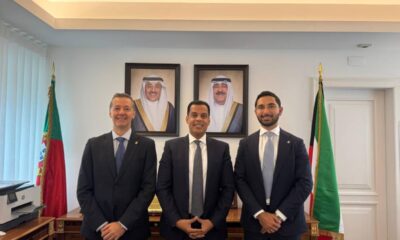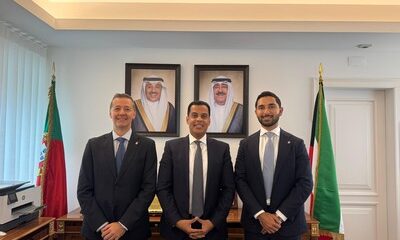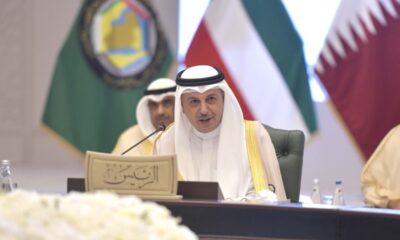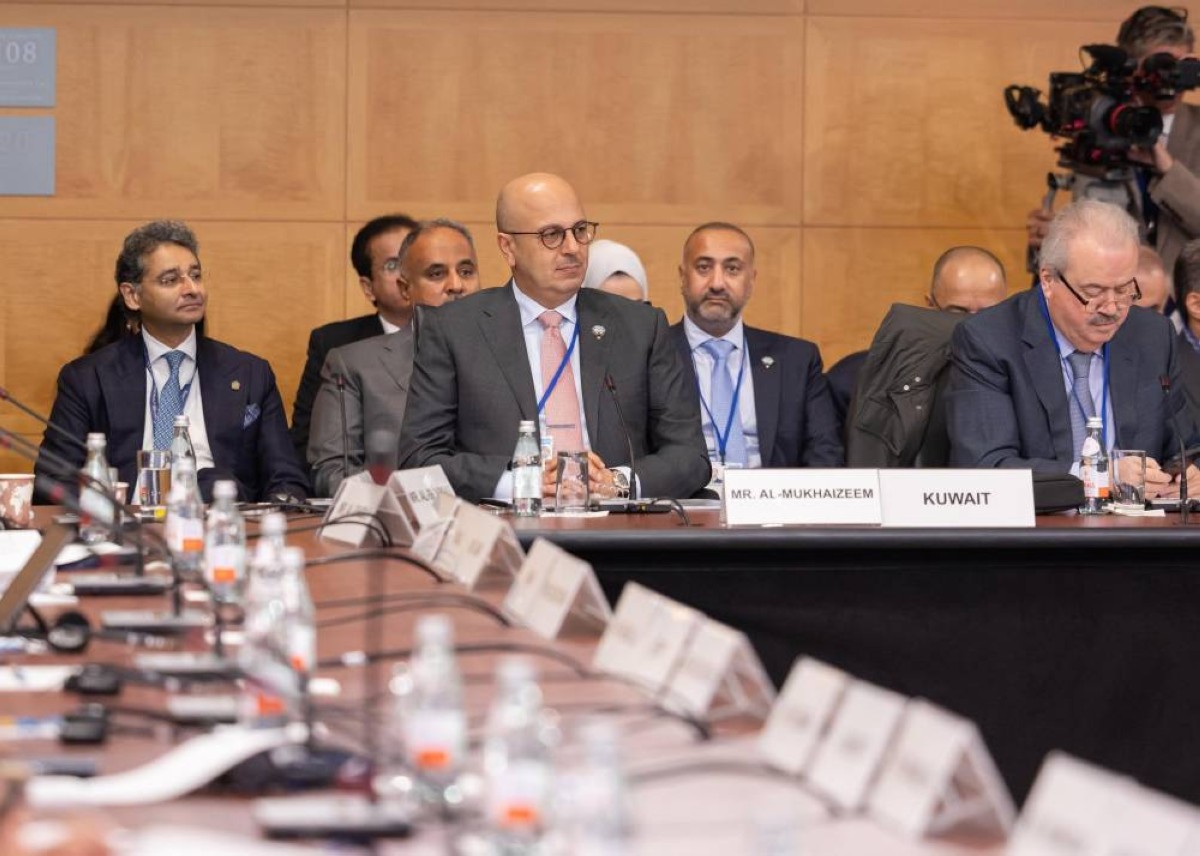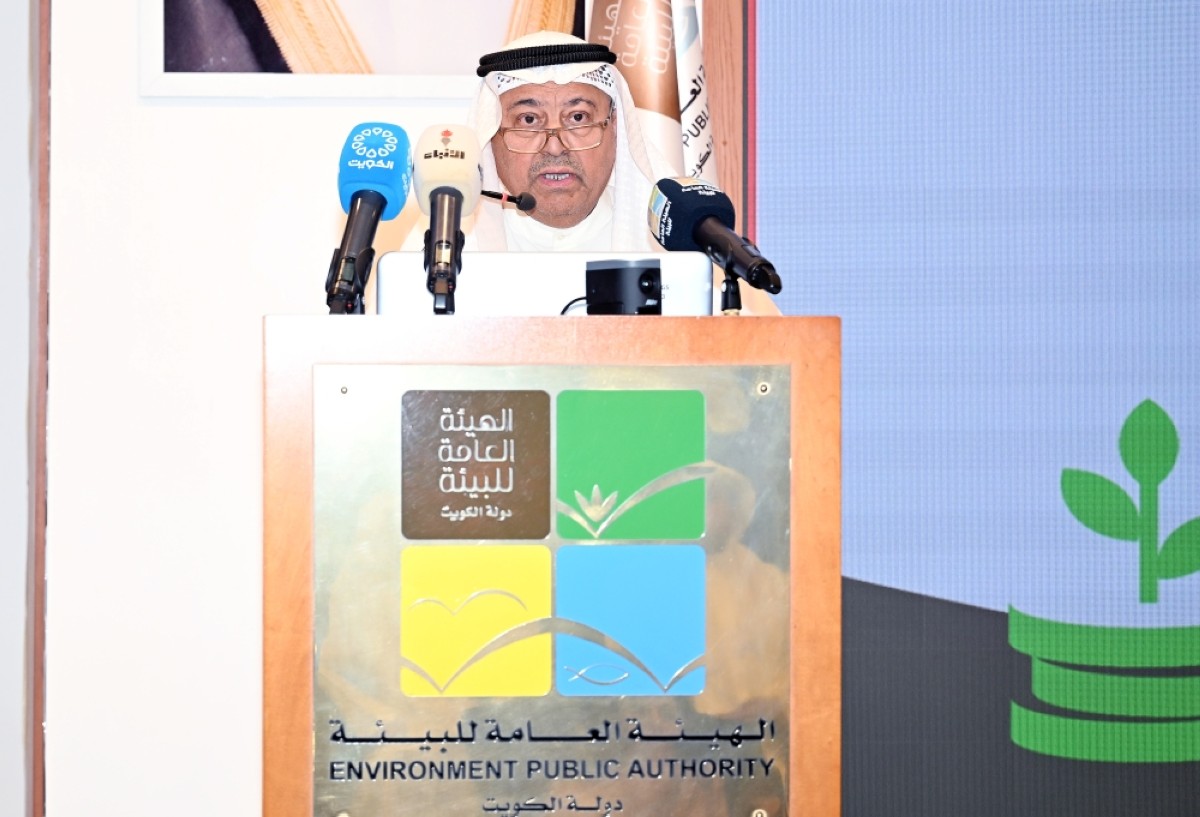WASHINGTON: Minister of Electricity, Water and Renewable Energy and Acting Minister of Finance and Minister of State for Economic Affairs and Investment Dr Sabeeh Al-Mukhaizeem affirmed Tuesday that economic diversification has become a strategic imperative for Kuwait’s sustainable development. Speaking at the opening of “Kuwait’s Economic Transformation – Foundations for a New Era,” organized by the Kuwait Banking Association in cooperation with Capital at George Washington University, Al-Mukhaizeem said diversification is no longer a policy choice but a national necessity.
The event was attended by Kuwaiti Ambassador to the United States Sheikha Al-Zain Al-Sabah, chairpersons and CEOs of Kuwaiti banks, and prominent financial leaders. Al-Mukhaizeem highlighted Kuwait’s longstanding leadership in financial stewardship, citing the establishment of one of the world’s first sovereign wealth funds in 1953 and the growth of an internationally trusted banking system. He said Kuwait’s credibility in the region is built on strong institutions, sound regulation and a culture of investment.
Looking ahead, he emphasized the need for finance, banking and investment to drive diversification, innovation and sustainable growth through partnerships with the private sector and international allies. “Kuwait is entering a critical phase in its economic journey. Diversification is no longer a political choice, but a strategic necessity,” he said. He stressed that sustainable growth cannot be led by the state alone, but must involve innovators, investors and the private sector. He described Kuwaiti-American cooperation as a “fundamental pillar” of this vision, extending beyond finance to technology, renewable energy, food security and advanced industries.
Al-Mukhaizeem said cooperation in financial regulation, cross-border investment and innovation — particularly in digital banking and sustainable finance — has become central to economic collaboration between Kuwait and the US. He added that the forum serves as a platform to test ideas, align strategies and build new investment channels, with the participation of financial leaders, academics and private sector partners.
He expressed confidence in the strength, stability and maturity of Kuwait’s financial system, describing it as a solid foundation for global investors. For her part, Ambassador Sheikha Al-Zain Al-Sabah underscored the importance of the event in bolstering Kuwaiti-US economic ties in line with Kuwait Vision 2035 and the national roadmap for diversification, private sector empowerment and positioning Kuwait as a regional hub for finance, logistics, renewable energy and innovation.
She highlighted forward-looking initiatives such as the Border Communities Resilience Initiative, which channels Gulf investments into underserved areas of the United States to enhance infrastructure, economic stability and shared prosperity. She described it as a powerful example of economic cooperation serving both development and humanitarian goals. “The Kuwaiti private sector embodies this spirit of entrepreneurship and responsibility — from Islamic finance to environmental sustainability, and from family offices to fintech,” she said. “Every success story affirms a simple truth: Kuwait is open for business, open to innovation, open to partnership and open to building communities.”
The event aims to showcase the role of the financial and private sectors in supporting Kuwait’s transformation and explore opportunities for engagement with the international investment community. It also seeks to highlight the country’s institutional foundations, evolving regulatory environment, openness to global companies, advanced financial structure and balanced economic vision rooted in public-private cooperation. The forum is part of Kuwait’s participation in the annual meetings of international financial institutions, including the Board of Governors of the World Bank Group and the International Monetary Fund, taking place in Washington from October 13 to 18. — KUNA
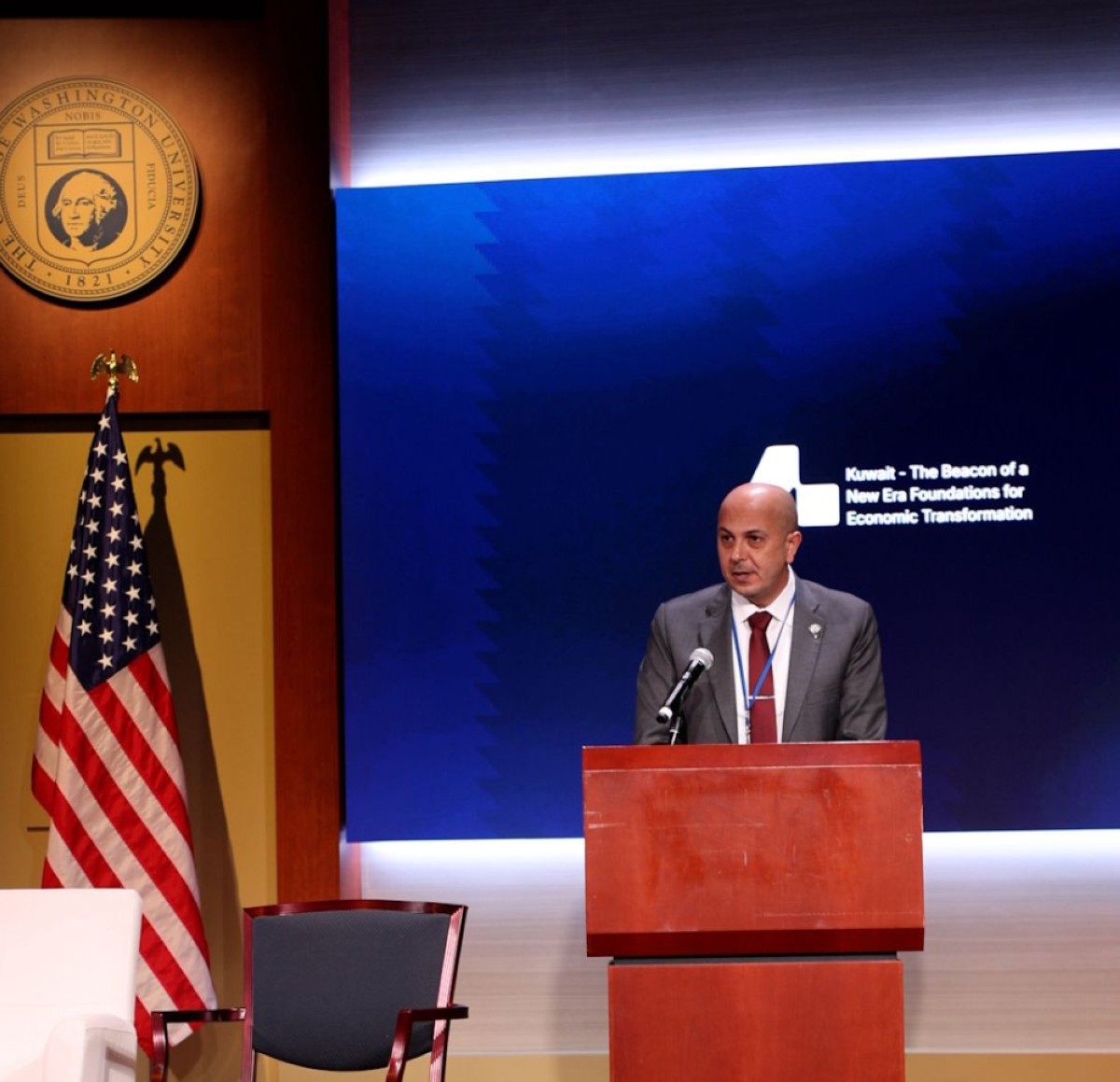
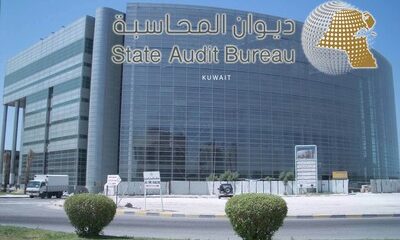
 Business16 hours ago
Business16 hours ago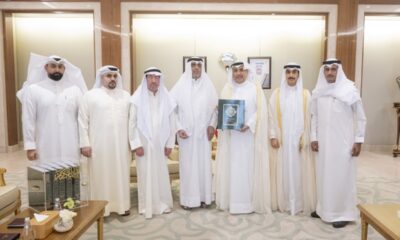
 Latest News16 hours ago
Latest News16 hours ago
 Politics21 hours ago
Politics21 hours ago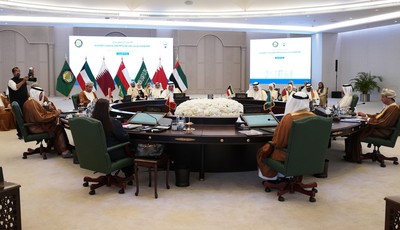
 Business20 hours ago
Business20 hours ago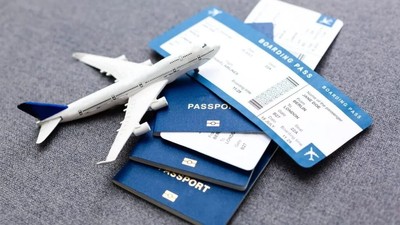
 Business18 hours ago
Business18 hours ago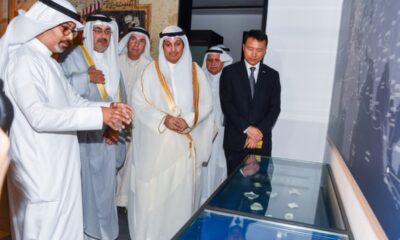
 Latest News17 hours ago
Latest News17 hours ago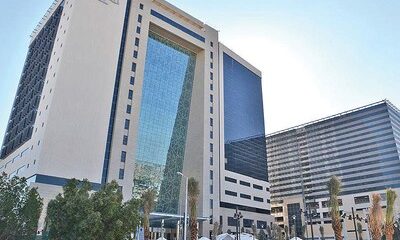
 Politics16 hours ago
Politics16 hours ago
 Politics23 hours ago
Politics23 hours ago
